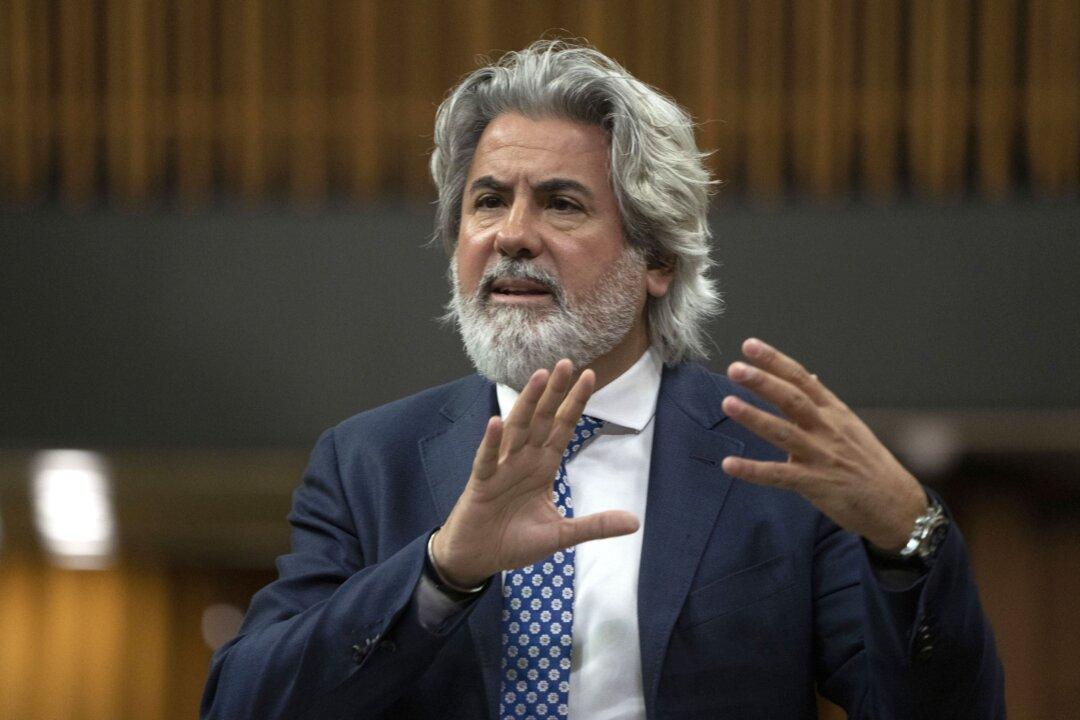The Liberal government will be introducing its long-awaited bill aimed at targeting online hate speech and misinformation by this fall at the latest, says Heritage Minister Pablo Rodriguez.
Rodriguez told MPs on the House of Commons Standing Committee on Canadian Heritage on May 29 that his department will be “coming up with something very shortly” on the matter, but was hesitant to give an exact deadline for when the drafting of the pending legislation will be completed.





